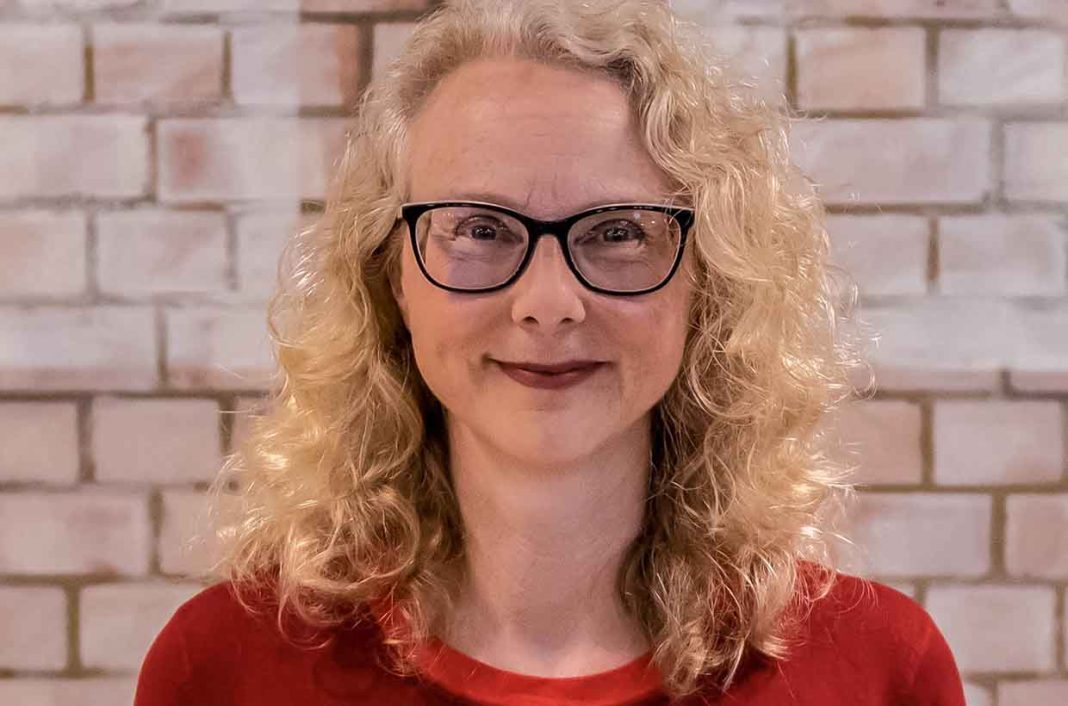What’s behind the rise in venues adopting community business models?
“Music Venue Trust (MVT) has worked for the past 8 years to gain recognition for the cultural, social and economic value of grassroots music venues (GMVs). Unlike other cultural buildings, such as arts centres and theatres, GMVs are treated as profit-making businesses in most legal contexts even though the role they play in developing talent and new music is economically loss-making. The move to change to CICs, CBSs and other recognised non-profit management structures is part of the solution but needs to be complemented by tackling the fact that 93% of GMVs operate in commercial rented properties. This means that they are subject to market forces in a way that other cultural buildings are not, leaving little money to invest in their core work. The average lease for a GMV has 18 months remaining and we are seeing an alarming rise in non-renewal of leases, resulting in venue closures. GMVs need certainty to plan and meet the demand, not only for their creative work but also to contribute to their communities and society by meaningful advances in access and sustainability. This is the research behind the Own Our Venues campaign and the formation of Music Venue Properties. MVP will be a benevolent owner of the buildings and the existing venue teams will continue to run them, with more secure finances.”
What venue adopting this model have you been particularly impressed by?
“Le Public Space in Newport, South Wales, is one example of a venue that turned the challenge of a lease ending into a new start and opportunity for growth. They established a Community Benefit Society and invited fans of the venue, musicians and other local people to become shareholders in the enterprise. The success of this enabled them to take on a new building in the centre of Newport which is a thriving venue, pub and eatery. It also has lots of space for further development of community creative spaces and work on advancing this is underway. Le Pub (as it is affectionately known) is not alone in this but does stand out as a great example and is one of the nine freeholds that the pilot phase of Own Our Venues aims to buy.”
How will this trend benefit the live production industry?
“MVT has undertaken a piece of work analysing how much of every pound spent on tickets in the grassroots sector can be spent on creative activity. In a GMV which operates in a commercially rented property 46.6p of every £1 disappears immediately in rent, taxes and rates, leaving only 53.4p to be spent on putting on gigs. Obviously this means that overall budgets for staff and shows in these venues are low. If a venue is run as a not-for-profit and occupies a building owned by a benevolent landlord (which Music Venue Properties has been designed to be) then the figures look very different. For every pound spent, only 11p goes to rent, leaving 89p to be spent on the core creative activity. Not only does this give the venue money to physically improve the venue but it means that there is more money available for paying the venue team and the artists’ teams.”
Will this trend also benefit the UK music scene?
“The grassroots music venues are the Research & Development department of the UK Music Industry. Securing their future is vital to the industry. If a town loses its GMV it is extremely expensive to replace it and takes someone with both passion and financial backing to spearhead such an undertaking. For this reason, MVT focuses its energy on preventing closures and helping existing venues to operate more effectively. The ownership of the buildings in which GMVs operate is the single biggest obstacle to their sustainability as cultural hubs so community ownership of the bricks and mortar plus community supported entities operating them makes so much more sense. We have been delighted that so many parts of the music industry recognise this and are prepared to support the Own Our Venues initiative. The music community investing in itself can only make it stronger and, hopefully, pave the way for greater collaboration in nurturing talent across the UK.”
What has Music Venue Trust got planned between now and the end of the year?
“2022 is a big year for MVT. In addition to the Own Our Venues campaign we have been developing our team to ensure that the charity is equipped to deal with our growing workload. We also launched a new membership model for the Music Venues Alliance which enables us to pay for some of our core member services without the need for external funding, meaning that we can direct attention where it is most needed without reference to anyone else’s agenda. We are developing a whole host of member resources too. Our Live Projects, in partnership with companies including The National Lottery, Vuse and FreeNow, enable us to bring artists to venues they may not be expected to play by covering their fees. This is brilliant for venues, artists and audiences across the country. We are currently working on the 8th edition of our national networking event Venues Day which will be held on 18 October at Hackney Church (formerly St John at Hackney Church), London. This is the largest gathering of grassroots music venues and relevant stakeholders in the UK and will cover all of the elements above, as well as being the primary networking event for the sector. See musicvenuetrust.com/events for details.”
A condensed version of this article originally appeared in issue #270 of TPi, which you can read here.






